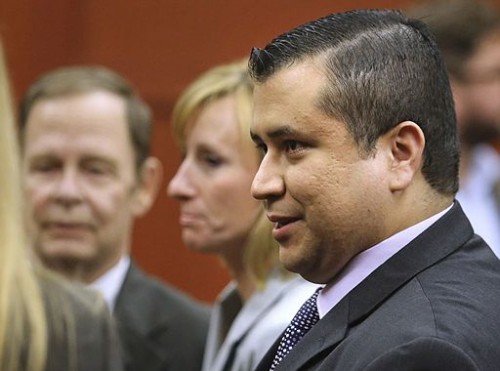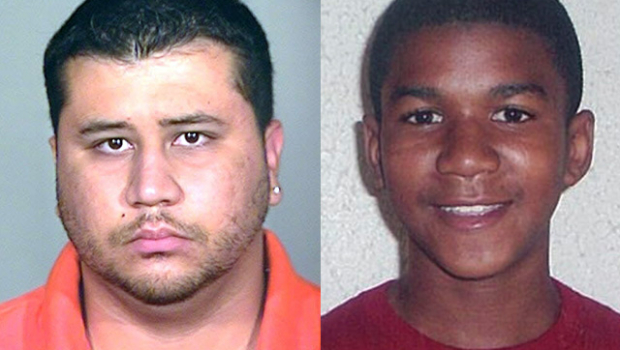The George Zimmerman Case: What Role Did Race Play?
Last Saturday, George Zimmerman was acquitted of all state charges related to the death of Trayvon Martin. This marks the latest development in a saga that began on February 26, 2012, in Sanford, Florida. On that night, Zimmerman, a neighborhood watch coordinator, fatally shot Martin after an altercation. Before shooting the teenager, Zimmerman had called the Sanford Police Department from his car to report that Martin was acting suspiciously. While speaking to 911 dispatchers, Zimmerman left his vehicle and got into a physical fight with Martin before shooting him in the chest from close range. In the days after the shooting, a media storm began to develop. Opponents of the shooting alleged that racial discrimination had played a role in the killing while supporters of Zimmerman insisted that he had merely acted in self-defense. Going along with this latter belief, the Sanford Police Department did not initially charge Zimmerman with any type of crime. Public outrage soon led to a special prosecutor being assigned to the case and, in April of 2012, Zimmerman was charged with murder in the second degree.
In a previous post, I addressed the concerns this case brings up with self-defense and the laws that are meant to protect it. Another issue of this case, of course, has to do with race and the role that it may have played in the death of Martin and the charges against Zimmerman. While the prosecution suggested that Martin’s being African American may have encouraged Zimmerman to racially profile the teen, the defense balked at such an accusation. On Monday, one of the jurors went on CNN’s “Anderson Cooper 360” to talk about the trial. In the interview, the juror revealed that race played no role in the jury’s decision. In fact, she contended that the jury did not even address race when discussing the case. Defending Zimmerman, she argued that “If there was another person, Spanish, white, Asian; if they came in the same situation as Trayvon did, I think George would have reacted the same way.”
Others involved with the trial, however, felt differently. Rachel Jeantel, a friend of Martin’s who was speaking to him on a cell phone moments before he died, believes that race was an important factor in the shooting. Speaking with CNN’s Piers Morgan after the jury’s verdict, Jeantel proposed a scenario: “If he were white, if Trayvon was white and he had a hoodie on, what would happen?” During the trial, Jeantel took the stand as a star witness for the prosecution. Despite her important role in the trial, some claim that her testimony itself may have been marred by racial tensions as the young African American woman sparred with Zimmerman’s white attorneys. In the media, these exchanges led some to question the intelligence and ability of Jeantel. As she told Morgan after the trial, such concerns gave her a feeling that the jury would come back with a not-guilty verdict.

George Zimmerman leaves court with his family after Zimmerman’s not guilty verdict was read
Source: VOA
On the other side of the case, Zimmerman’s attorneys also contend that race played a role in the case. If anything, they say that it mattered in that it hurt their client. Mark O’Mara—a co-attorney for Zimmerman—spoke to journalists after the jury returned its verdict. Had Zimmerman been black, O’Mara insisted, “He never would have been charged with a crime.” His client, the attorney continued, was treated as a scapegoat for those wishing to make Martin’s death a civil right violation. In this sense, O’Mara views Zimmerman as the real victim of racial profiling.
So, thinking about the Zimmerman case, what role do you think race played? Did it impact the initial altercation, the state’s decision to press charges, the jury’s verdict? What about the bigger picture, the current role of race in America. Is racism improving or is it merely becoming more subtle? Do possible civil rights violations get treated appropriately or does the justice system sometimes scapegoat offenders? The Zimmeran trial was a complex case played out on the national stage, but what are its bigger implications for race relations in the US? What do you think?




1756-2589/asset/NCFR_RGB_small_file.jpg?v=1&s=0570a4c814cd63cfaec3c1e57a93f3eed5886c15)
1728-4457/asset/PopulationCouncilLogo.jpg?v=1&s=03074651676b98d6b9d0ef1234bd48fe7ff937c3)